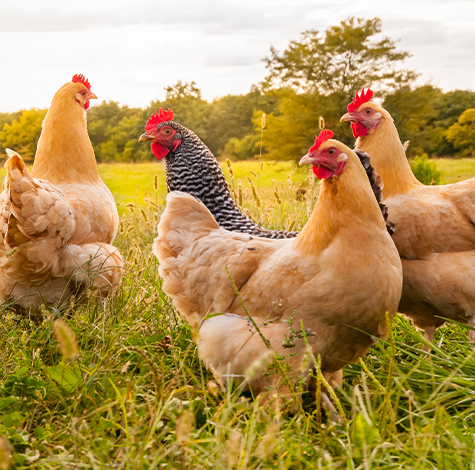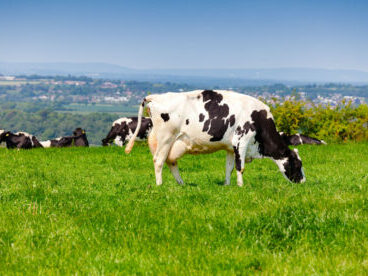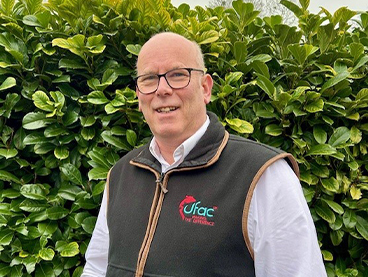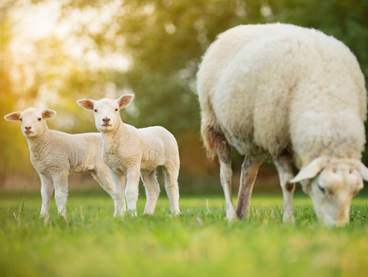Dairy farmers can increase sustainability practices and reduce their carbon footprint with envirolac, the palm-free fat supplement proven to increase milk yields and quality.
In an age of climate crisis and emerging sustainability revolutions, the agricultural industry faces continuous pressures to reduce its total farm carbon footprint. Consumers have become more environmentally aware of the impacts the farming industry can have on the planet and are opting to integrate more sustainable practices into their daily lives.
Utilising sustainable inputs and producing less environmentally damaging outputs is at the core of UFAC practices. While palm-oil based feed supplements such as calcium soaps are used to increase the energy density of dairy cow diets, UFAC advises that envirolac will achieve greater benefits whilst helping to reduce the impact on the environment.
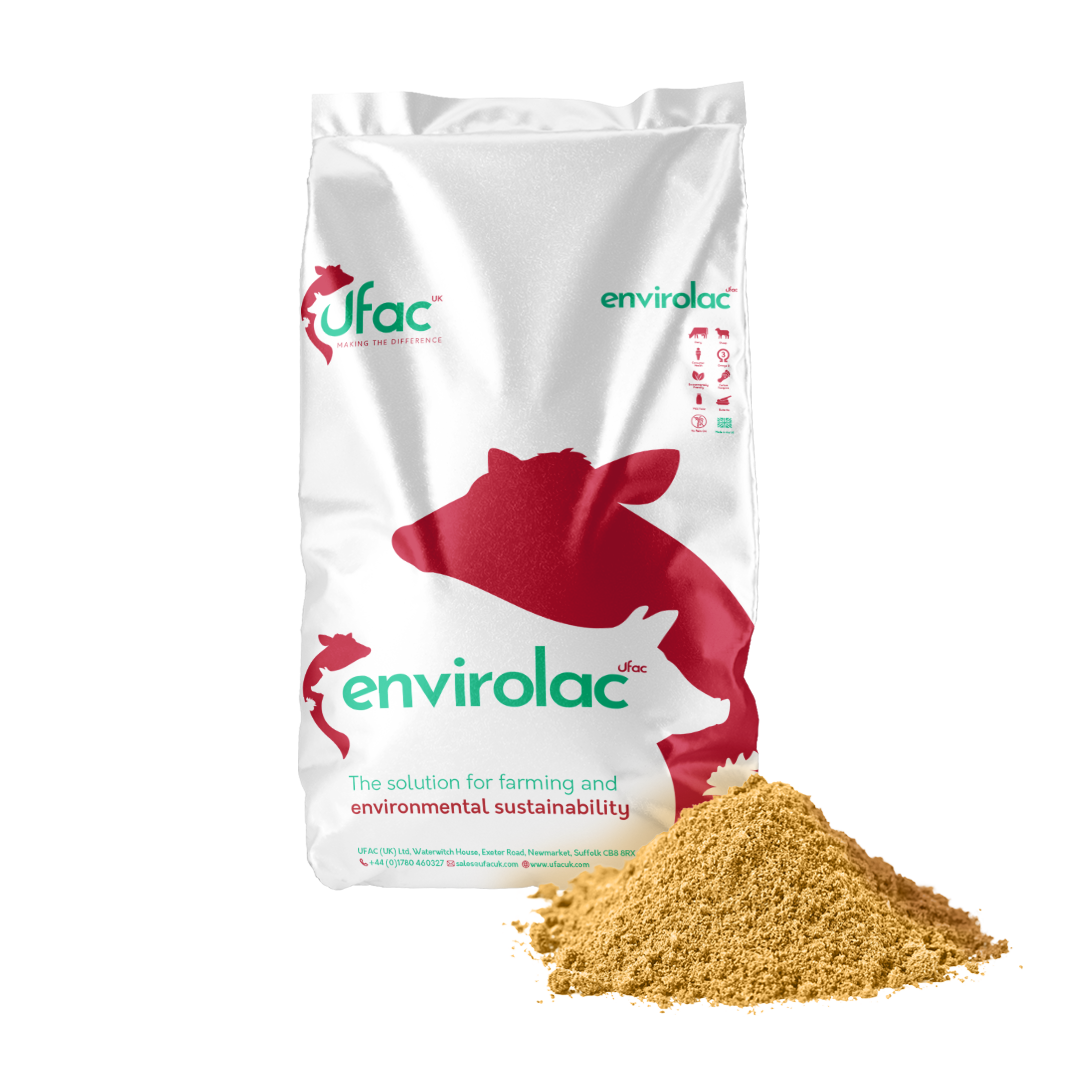
envirolac aims to assist with reducing palm deforestation, reduce the carbon footprint of UK milk production, and offer the potential to increase the health-giving benefits of dairy products and improve farmer efficiency and profitability.
Environmental impact of palm oil
UFAC has always had an eye for environmental concerns, with the spotlight being very much focused on palm oil production.
Palm oil is intensely debated within the farming industry due to its association with deforestation, high carbon footprint, and impact on greenhouse gas emissions. Formulated using locally sourced fats and oils, envirolac has a significantly lower carbon footprint (64%) than palm-based products, reducing the milk carbon footprint by 11%.
Health impact of palm oil on dairy cows and humans
A trial conducted by Professor of Dairy Science Phil Garnsworthy at the University of Nottingham revealed that feeding dairy cows unsaturated fats enhances productivity. On a consumer level, the perception of hard butter as having high saturated fat content is often linked to the feeding of palm oil. A lack of Omega-3 EPA and DHA in palm oil also denies humans the intake of these essential fatty acids that are considered to have cardiovascular-protective effects on humans. During the trial, envirolac was found to contain 60% less saturated fat than calcium soap, benefiting cows by improving fat digestibility and producing healthier milk for consumers.
As well as confirming a lower percentage of saturated fats and a lower carbon footprint in envirolac, the trial, supported by the NASEM, confirmed that envirolac has a higher ME of 29.5 compared to calcium soap at 23.8 ME. This correction highlights a direct link between the higher ME value of envirolac and increased productivity.
Following the results of the trial, Professor Garnsworthy said: “The aim of our trial was to demonstrate that envirolac performed just as well as a calcium soap however, what we actually discovered was that there was a significant increase in milk yield and butterfat production, with no impact on dry matter intake. Overall, we found an increase in feed conversion efficiency.
Substitution of calcium soap with the new supplement would contribute positively towards mitigating climate change by helping reduce deforestation for planting palm plantations.”


 Back to News
Back to News 